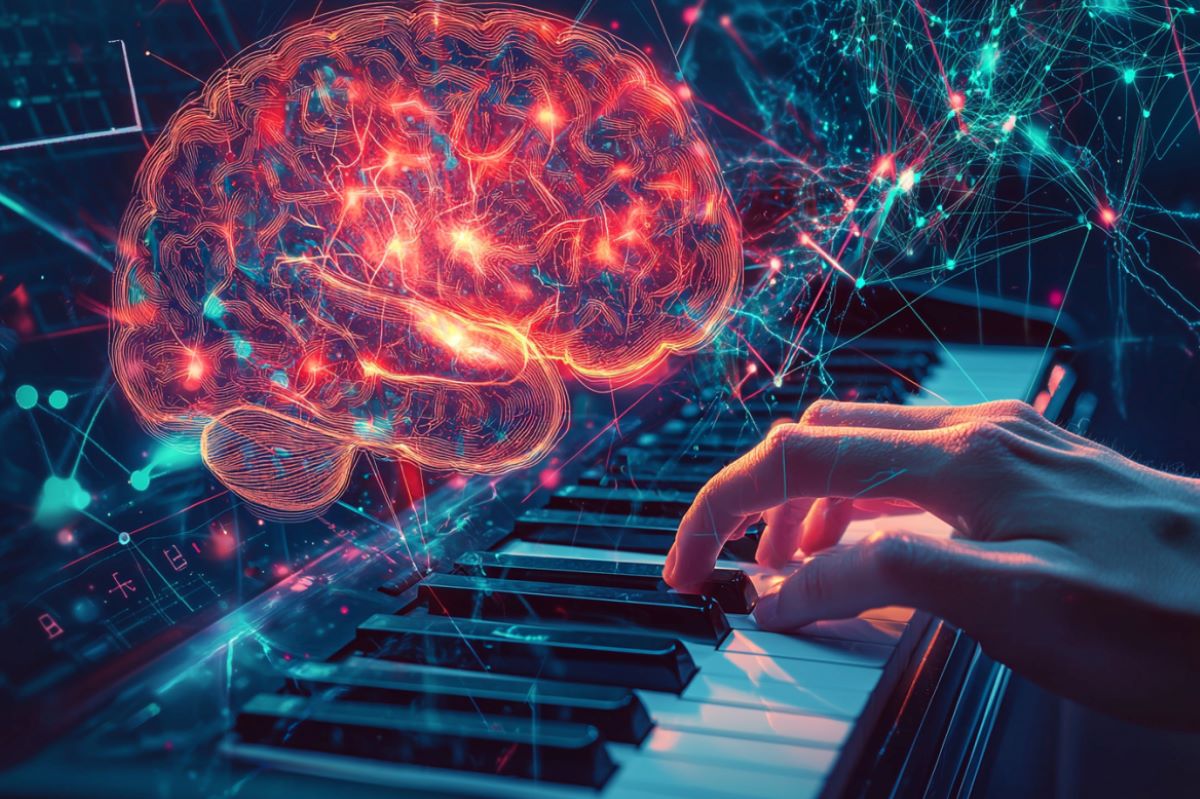Summary: The hippocampus, traditionally linked to memory, also plays a crucial role in skilled actions like typing, handwriting, and playing music. This study challenges the long-held belief that motor skills are exclusively managed by motor regions like the basal ganglia and cerebellum.
The findings suggest that the hippocampus helps retrieve and organize movement sequences from memory, making it essential for flexible motor control. This discovery opens new avenues for neurological rehabilitation and skill training programs.
Key Facts:
- The hippocampus organizes and retrieves sequences for skilled actions from memory.
- Traditionally, motor areas like the basal ganglia were thought to control these actions.
- This finding could lead to better rehabilitation techniques for movement disorders.
Source: University of Birmingham
Researchers at the University of Birmingham have uncovered a surprising role of the hippocampus – linking this part of the brain to the control of skilled actions such as handwriting, typing, and playing music.
The hippocampus is traditionally associated with memory for events and spatial navigation, but a new study challenges these long-held distinctions and opens new possibilities for rehabilitation of neurological and neurodegenerative disorders that affect movement.

Publishing their findings today (26 Sep) in The Journal of Neuroscience, the research team reveal evidence suggesting that the hippocampus plays a role in retrieving and organising flexible movement sequences from memory.
The research team reanalysed functional MRI (fMRI) data to focus on brain activity in key subcortical regions as participants performed well-practiced finger sequences from memory on a force-sensitive keyboard, resembling piano playing.
While motor areas in the basal ganglia and the cerebellum – typically associated with the development of “muscle memory” for learned motor skills – showed increased activity during the sequence task, the study uncovered that it was the hippocampus, rather than these motor areas, that held information about the finger order of the sequence a participant was about to perform.
This is like predicting whether a person would type “fears” or “fares” from the activity in the hippocampus alone.
Associate Professor and senior author of the study, Dr Katja Kornysheva, from the University of Birmingham, commented: “This result is interesting because it shows that the brain systems for episodic and procedural memory work together more than we thought.
“This is especially true when we need to remain flexible and switch between learned sequences, for example when typing on a computer keyboard or playing music with others.”
Dr Rhys Yewbrey, a former doctoral student in Kornysheva’s research group and first author of the study added “Our research suggests that the hippocampus may be important in skilled and flexible motor control, for setting up a course plan of action.
“This knowledge could help develop more effective training programs for neurological rehabilitation of actions, as well as for speeding up the acquisition of new skills.”
The researchers hope their findings will encourage further exploration into the interaction between memory systems and inspire novel therapies that can enhance both motor function and cognitive health.
About this neuroscience research news
Author: Tony Moran
Source: University of Birmingham
Contact: Tony Moran – University of Birmingham
Image: The image is credited to Neuroscience News
Original Research: Closed access.
“The hippocampus pre-orders movements for skilled action sequences” by Katja Kornysheva et al. Journal of Neuroscience
Abstract
The hippocampus pre-orders movements for skilled action sequences
Plasticity in the subcortical motor basal ganglia-thalamo-cerebellar network plays a key role in the acquisition and control of long-term memory for new procedural skills, from the formation of population trajectories controlling trained motor skills in the striatum to the adaptation of sensorimotor maps in the cerebellum.
However, recent findings demonstrate the involvement of a wider cortical and subcortical brain network in the consolidation and control of well-trained actions, including of a brain region traditionally associated with declarative memory – the hippocampus.
Here, we probe which role these subcortical areas play in skilled motor sequence control, from sequence feature selection during planning to their integration during sequence execution.
An fMRI dataset (N=24, 14 female) collected after participants learnt to produce four finger press sequences entirely from memory with high movement and timing accuracy over several days was examined for both changes in BOLD activity and their informational content in subcortical regions of interest.
Although there was a widespread activity increase in effector-related striatal, thalamic and cerebellar regions, in particular during sequence execution, the associated activity did not contain information on the motor sequence identity.
In contrast, hippocampal activity increased during planning and predicted the order of the upcoming sequence of movements.
Our findings suggests that the hippocampus pre-orders movements for skilled action sequences, thus contributing to the higher-order control of skilled movements that require flexible retrieval.
These findings challenge the traditional taxonomy of episodic and procedural memory and carry implications for the rehabilitation of individuals with neurodegenerative disorders.






